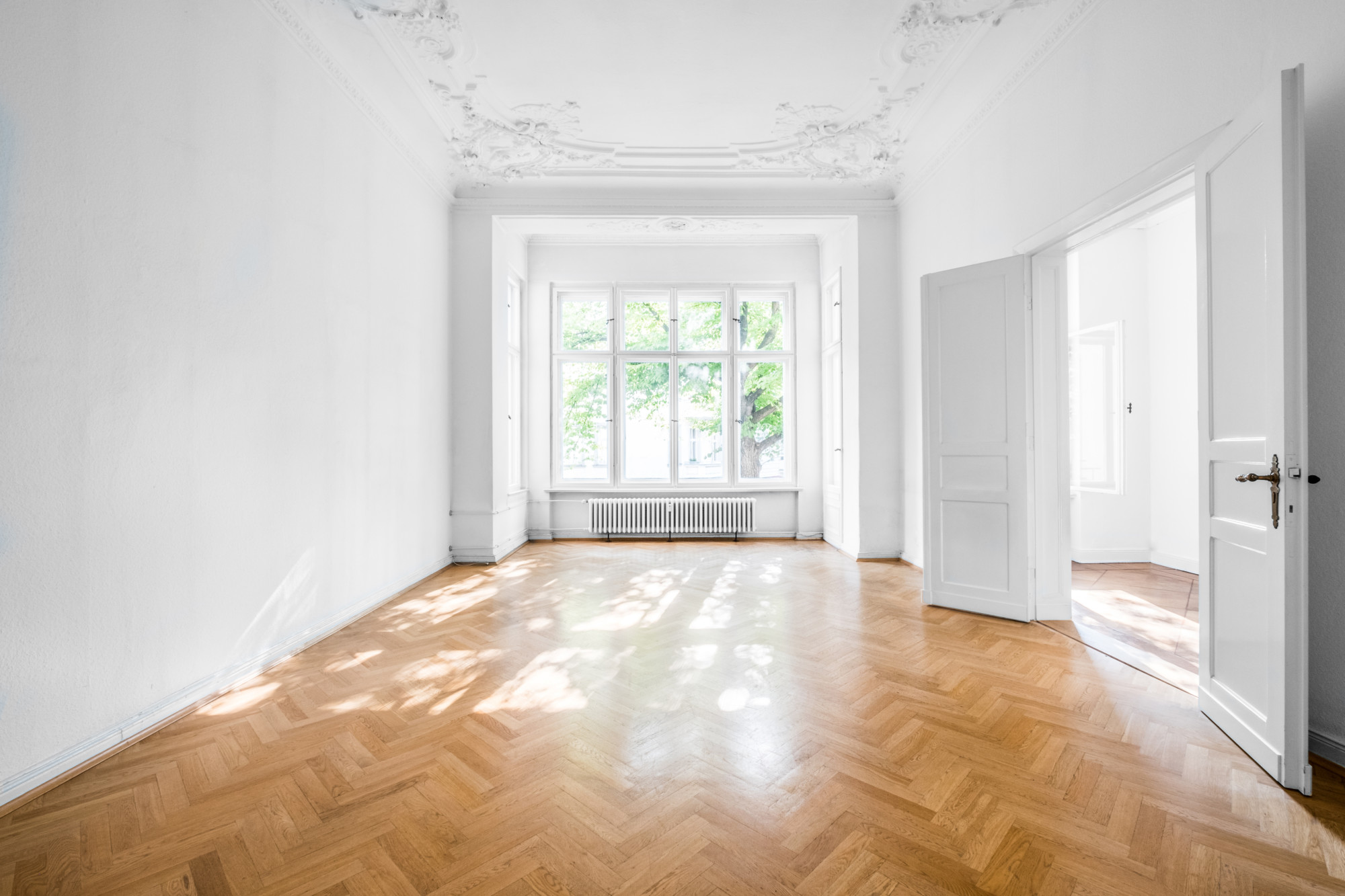Table of Contents Show
Like with most investments, there are risks to buying a co-op in New York City. Co-ops are known to be governed by strict regulations, as co-op boards set policies and make decisions that are in the co-op’s best interest. Besides worrying about stringent rules, there are additional risks, such as bad neighbors and poor building management — so is it worth it?
Here are some common risks of buying a co-op in NYC.
Incompetent Co-Op BoardIncompetent Co-Op Board
When considering a co-op, it’s important to keep in mind that it differs from buying a condo. In contrast to a condo, all tenants jointly share an interest in the building rather than just one person. A common risk of buying a co-op is having incompetent board members.
One of the biggest complaints is when the board doesn’t hear tenants’ concerns or doesn’t do its job of keeping shareholders informed of important decisions that might affect daily life in the building. For example, an inept co-op board can give their stamp of approval to anything management advises without giving any consideration to the opinions of those who will be affected by the decision – you.
Poor Building ManagementPoor Building Management
Next to bad board members, the building management may be corrupt and go rogue by pushing overpriced contracts for work on the building while secretly pocketing the difference. With building management being surrounded by contractors frequently, it’s no surprise that many try to befriend the agents, which can sometimes lead to bribing and illegal activities.
If they have too many friends in the construction industry and play favorites, they may pick the most costly repair options only to pad their pockets with kickbacks.
Strict Rules and RegulationsStrict Rules and Regulations
Because co-ops were not intended to be investment properties (especially in places like NYC), stricter subletting laws are the norm rather than the exception. If you’re looking to move but are holding off on selling so you may capitalize on the current rental market, this complicates your ability to sublease your current home.
Back to point no. 1, the board of directors has a lot of say in matters like occupancy and what you can and can’t do in your unit, according to the bylaws.
Bad NeighborsBad Neighbors
While co-ops may have stricter requirements for financial strength and character references, you still only have a vague notion of who will be living next door at best. You never know who may move in next door or serve on your co-op board.
Other concerns may include a petty neighbor who likes to be in a position of power and retrospectively punishes you if you come near to breaching the rules.
Surprise Special AssessmentSurprise Special Assessment
It’s a given that you’ll have to pay for things like repairs out of your own pocket as a homeowner. However, if the homeowners’ association’s reserve funds are low or full when a disaster strikes, you and your neighbors may have to pay a special assessment on top of your regular dues.
While the costs depend on the extent of the damage, the $30,000 needed to construct a new roof might rapidly put a significant dent in your finances depending on the number of tenants it will be split with.
Final Thoughts on the Risks of Buying a Co-OpFinal Thoughts on the Risks of Buying a Co-Op
While there are risks to buying a co-op in New York City, the potential benefits should be weighed against the possible drawbacks before deciding whether or not to invest. Consider how the board, the neighbors, the regulations, and the limits will affect your quality of life as you consider the pros and cons of this deal.
Whichever way you decide, finding a co-op in NYC can be stressful, particularly if you don’t know the neighborhoods or which buildings to avoid. This is where your local buyer’s agent may be your best chance to not only manage the process but also discover a co-op that meets your needs and future goals.

